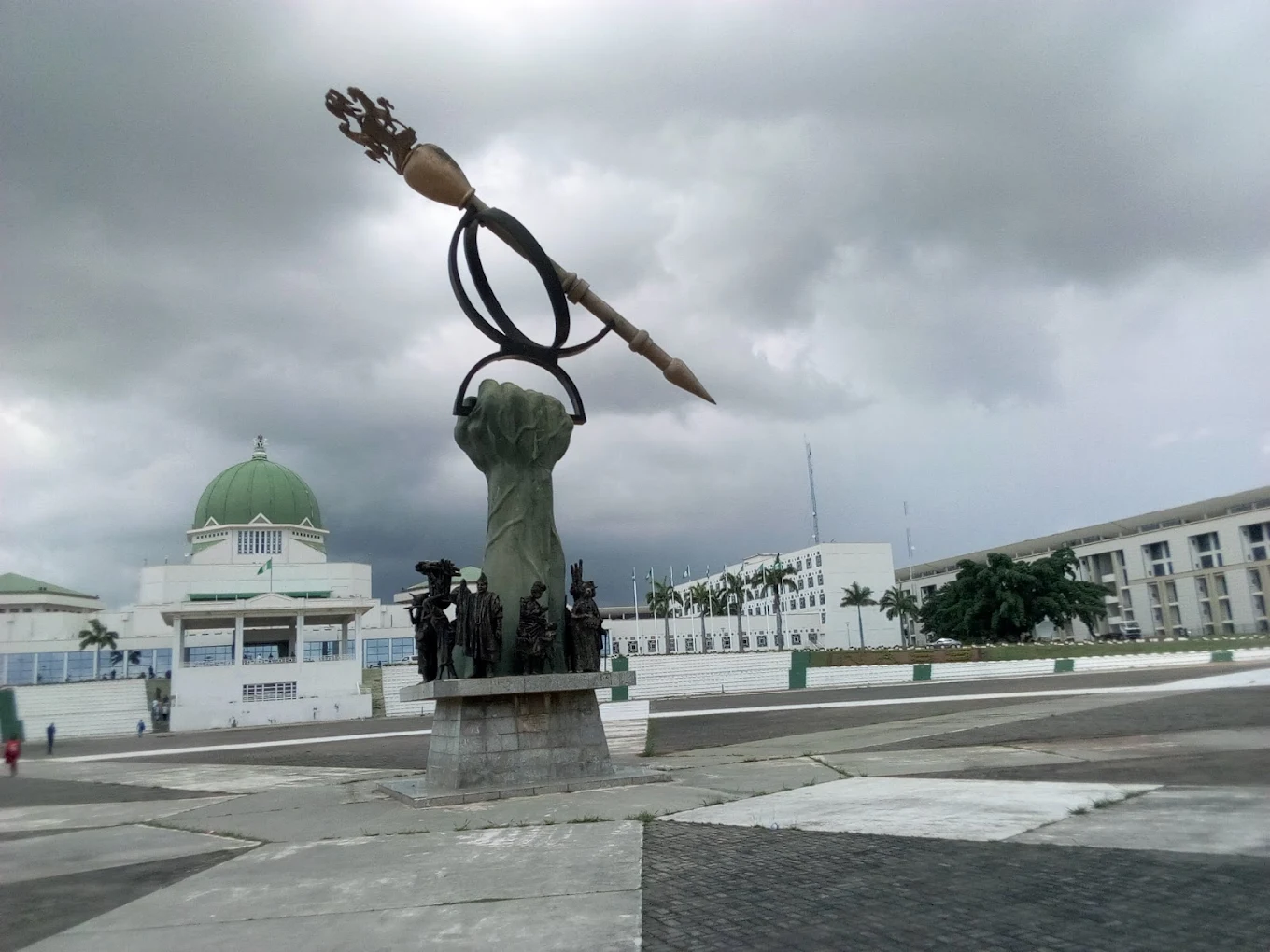Good morning, Mr President. Best wishes for a very happy week. I hereby share my perspectives on three new developments in the polity: the rumour of a coup, authoritarian drift and hope.
On October 15, public attention turned to the news of an alleged coup against your government by the military. To summarise: the defence intelligence agency had taken into custody some 16 military officers for an alleged plot to overthrow your government.
The plot was primed to happen on October 1, truncating the annual ritual of the independence anniversary. While the public was pondering the veracity of the report, the military came with a rebuttal. It read in part that: “The attention of the Defence Headquarters (DHQ) has been drawn to a false and misleading report by an online publication insinuating that the cancellation of activities marking Nigeria’s 65th Independence Anniversary was linked to an alleged attempted military coup. The report also made spurious references to the recent DHQ press release announcing the arrest of sixteen officers currently under investigation for professional misconduct… The Armed Forces of Nigeria (AFN) wishes to categorically state that the claims by the said publication are entirely false, malicious, and intended to cause unnecessary tension and distrust among the populace. The decision regarding the cancellation of the 65th independence anniversary parade was to allow the President to attend a strategic bilateral meeting outside the country and for members of the AFN to sustain the momentum on the fight against terrorism, insurgency, and banditry.’’
Shortly after the rebuttal, other news outlets came out further with allegations of civilian collaborators who are under surveillance. The plethora of information has had a gaslighting impact on the subject.
For a country whose people seem to suffer from historical amnesia, it is important to note that no one can decree the military takeover of governments into the dustbin of history. For societies riddled with sundry instabilities, the man on the horseback will always return to the theatre of politics to ensure order.
This was the argument Samuel Huntington made in his book titled Political Order in Changing Societies. The best bulwark against military takeover is good governance underlined by prudence in the cost of governance, inclusivity, and the prioritisation of the welfare and security of the governed. The latter is the ‘reason of state’. In the Nigerian context, the military once told us that even a perimeter fence will not barricade them, and that they can always hop over the fence. Also, recall the cynical bifurcation of the key players in Nigeria politics, namely: politicians and the military establishment.
It was accentuated by the partisans of the defunct National Party of Nigeria, which ruled Nigeria, 1979-1983. Whether the plot is real or not, the danger is always lurking in the background. The tragedy of the Nigerian case is that the Nigerian military has never exhibited a progressive tendency and a pan-Nigerian outlook, except for the short reign of Murtala Mohammed, which was clearly anti-imperialist. Cultivate the toiling people of Nigeria and improve the welfare of our armed-bearing men and women, and rid their remuneration process of corruption. Mr President, do not be deceived. It is the dialectics of the dynamics of society that will dictate the future of our polity.
Nevertheless, good governance underlined by the supremacy of the grundnorm is one of the many antidotes against coups.
The planned protest in solidarity with the incarcerated Nnamdi Kanu, leader of the Indigenous Peoples of Biafra (IPOB), has come and gone. The response of the state security apparati, especially the police, left much to be desired.
Using teargas and live bullets to quell a civil protest is unbecoming of a civilian force with the remit to maintain law and order. The subsequent arrest of the leaders of the protest, including Omoyele Sowore, is detestable.
The act of repression of the right to dissent and peaceful protest by the police is anti-democratic. It is not helping the image of your government. I hope you care. There was once an Alozie Ogugbuaja who could engage protesters in peaceful conversation and suited frayed nerves. Where are the modern-day Ogugbuajas?
The continuous display of the Glover syndrome by the Nigerian police will never make that institution a friend of the people. The Glover syndrome is a situation in which the security forces see the people whom they are meant to protect as the enemy. It is a colonial hangover; under colonialism, the security formation was for the subjugation of the colonised. Doing so under your government signifies an authoritarian drift, and you had better beat a retreat.
Mr President, a major weakness of Nigerian democracy is the weakness of its judiciary, which in practice has become a bazaar where justice goes to the highest bidder or secured at the behest of the man at the top. I believe that if the judiciary is strong, our democracy will be consolidated. It is currently in bad shape, and you know it.
For this reason, I found the courage displayed by Justice H. I. O. Oshomah, a Federal High Court judge in Abakaliki, Ebonyi State, exciting.
Recall that a local government election was held in July 2024 in Ebonyi State. It was conducted by Ebonyi State Independent Electoral Commission (EBSIEC) in 13 local government areas embracing councillorship positions.
However, the court nullified the election for its unconstitutionality due to non-compliance with the provisions of the Electoral Act. There was a previous bold judgment in 2022 on a similar matter, but the government blatantly disobeyed the court order without consequence.
I hope the Minister of Justice and Attorney General of the Federation is watching. Let me end by saying that the judiciary is not only the hope of the common man, but it is one of the bulwarks against the de-democratisation of our polity.
Dear readers, this column will be on recess for two months and will return on January 5, 2026.
Professor Akhaine is with the Department of Political Science, Lagos State University.






